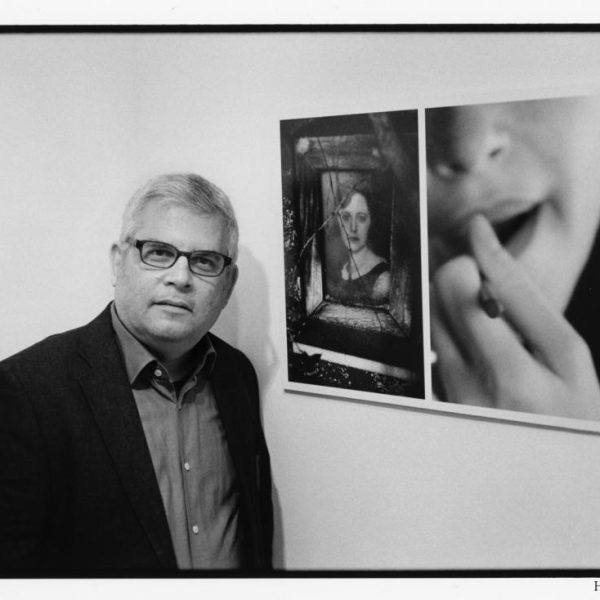Austin Troy Interviews on The Very Hungry City
This month Yale University Press has published The Very Hungry City: Urban Energy Efficiency and the Economic Fate of Cities, by Austin Troy, associate professor in the Rubenstein School of Environment and Natural Resources at the University of Vermont, and principal and co-founder of Spatial Informatics Group. The book explores how cities around the world consume energy, assesses innovative ideas for reducing urban energy consumption, and discusses why energy efficiency will determine which cities thrive economically in the future. We sat down to ask Troy some questions on the particular need for the ideas proposed in his book and why it’s so important for us to better understand the interconnected roles of environment, economy, and urban planning. After all, the majority of the world’s population is urban, and the current states of climate and global economy are at the forefront of popular and political debate alike.
Yale University Press: You write that the idea for your book came from reading Eric Carle’s beloved picture book The Very Hungry Caterpillar to your son Theo. What is it that the cities you discuss have in common with the caterpillar in the story?
Austin Troy: Great question. Like Eric Carle’s caterpillar, cities have an enormous appetite—but for energy. Some cities require the cupcake, pie, sausage, and other high-energy foods to function. Others are able to make do with just the nice green leaf. Those in the latter category will be a lot better off when the cupcakes and sausages stop flowing so freely–that is when energy gets a lot more expensive.

YUP: You note that in 2000, one fifth of electricity consumed in the United States went to air-conditioning, raising questions as to what extent will it be necessary for people to give up creature comforts in order to create more energy sustainable cities.
AT: Keeping homes air conditioned is already getting more expensive, and this trend will continue. Exactly how this will pan out will depend on a lot of complex economic factors. For instance, it’s possible that wages will rise in hot sun belt cities to compensate the labor force for this added need. However, this then makes siting businesses in these cities a little less attractive, because of the added cost of labor. Or housing and land prices may decline in response. Or, people may just find that they don’t need nearly as much air conditioning as they thought. There are many directions this could go.
YUP: Towards the end of the book, you call for an increasing federal role in urban policy. Have you seen anything in the presidential campaigns we’re seeing now that might serve that end?
AT: Sadly, not much. Right now, only the Republicans are campaigning, and they are fighting hard to win the support of their base, which is very conservative. This constituency has relatively little interest in more government spending on infrastructure, or more government programs. When it comes to energy, just about the only policy prescription we hear is about more domestic drilling. Efficiency has received almost no coverage. Mitt Romney has in the past discussed his support for increased energy efficiency, but specifics are lacking and it’s not even mentioned on his website. So overall, this is a non-issue in the Republican primary. President Obama has been pushing hard for new infrastructure investment–whether that’s part of his campaign strategy is hard to say. Further, his proposal includes a mix of some good and some not-so-good investments from an efficiency point of view.
YUP: In The Very Hungry City you mention Denver, Stockholm, and a variety of other cities as examples of successful sites of energy-conscious redevelopment. Can you point to a particular “model city” we should look to in this vein?
AT: So far, it’s hard to beat Copenhagen. Nearly 4 out of 10 commuting by bike. A large proportion of the remainder use transit. Neighborhoods are compact and walkable. There are incredible programs for retrofitting building stock and ensuring that new buildings are highly efficient. And the system of regional planning ensures a ration pattern of development anchored by transit. Few cities can approach its standard.
Austin Troy is associate professor in the Rubenstein School of Environment and Natural Resources at the University of Vermont, and principal and co-founder of Spatial Informatics Group, LLC, a consulting company that works in the intersection of environment, economics, and spatial analysis. He served four years on the Burlington, VT, Planning Commission. You can learn more about The Very Hungry City on Facebook or at www.theveryhungrycity.com.


























